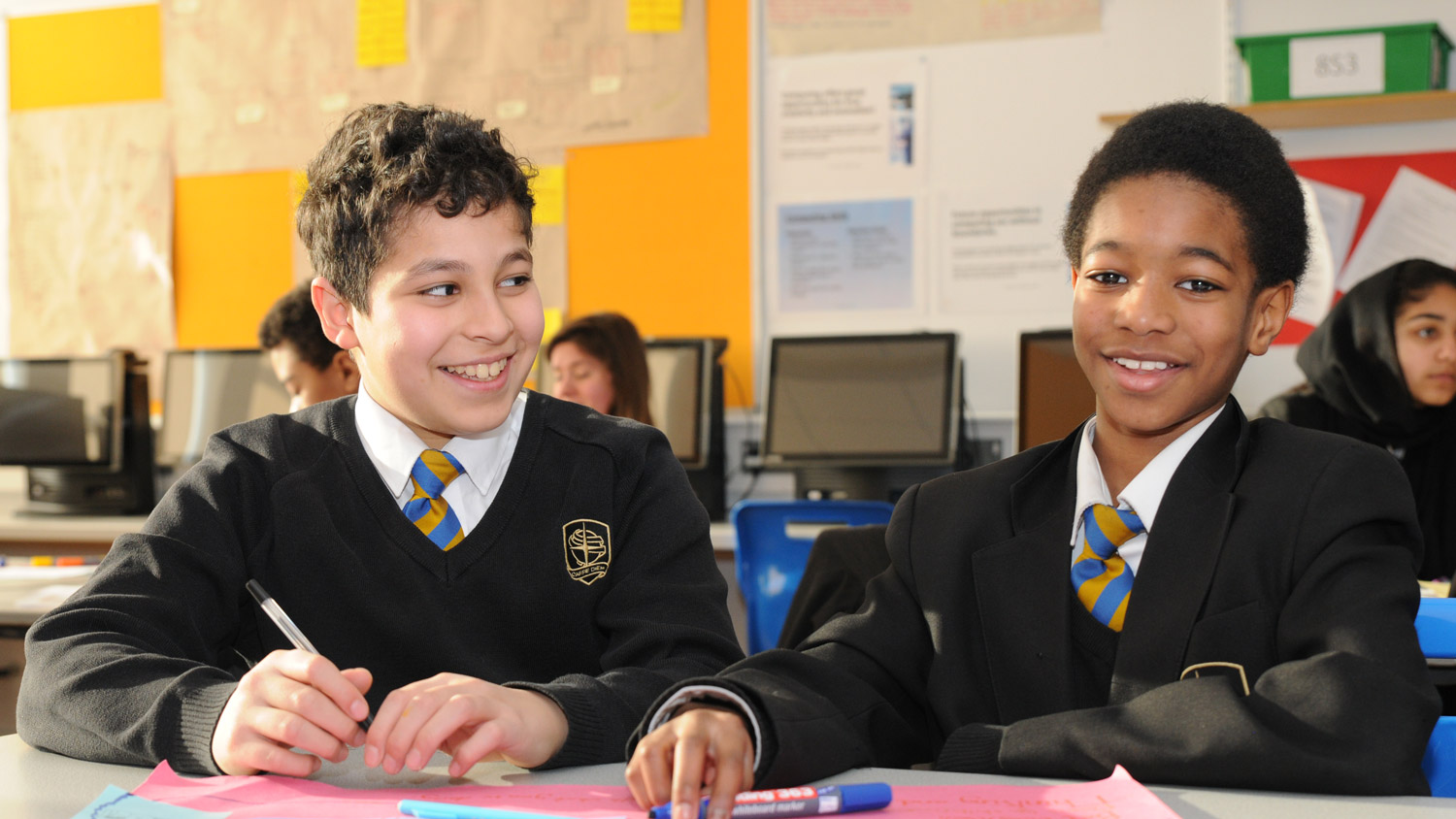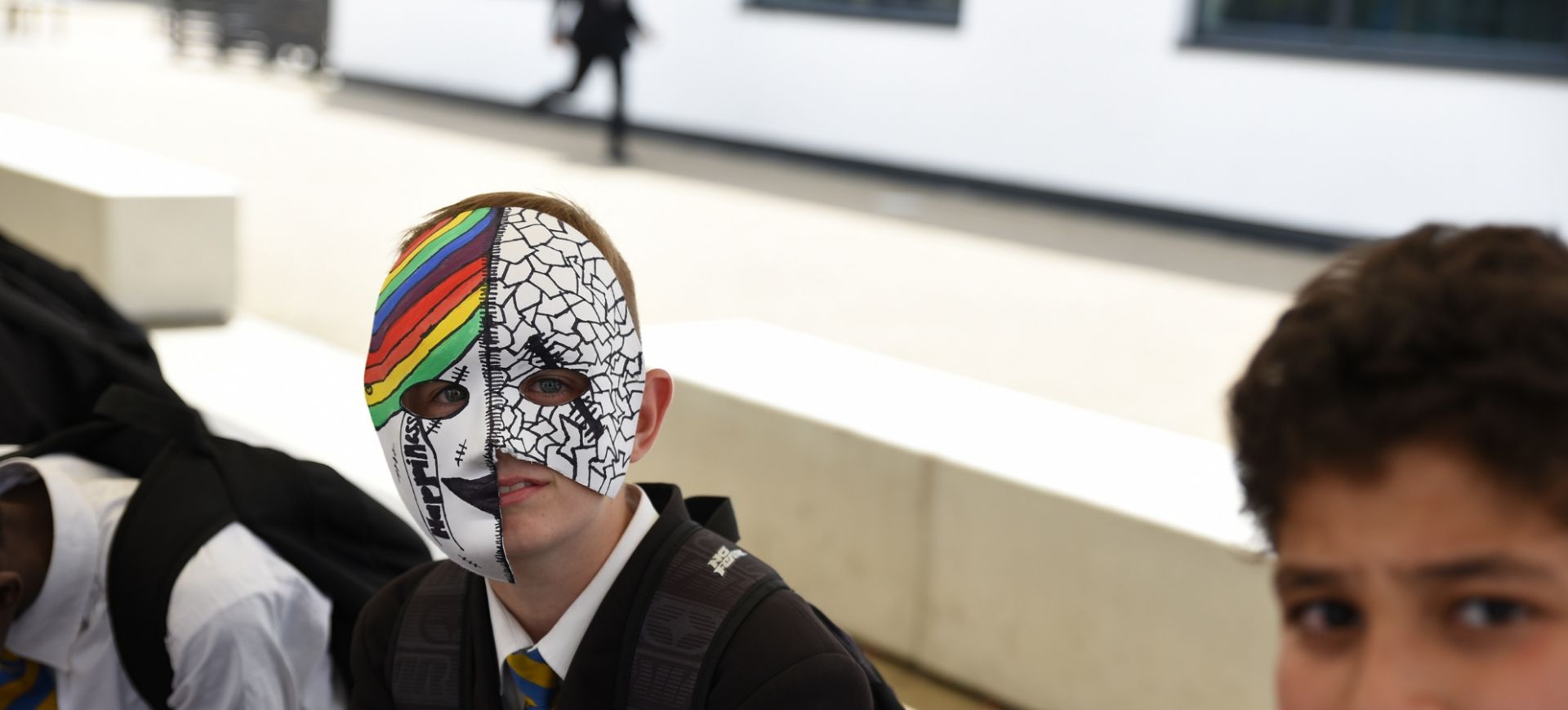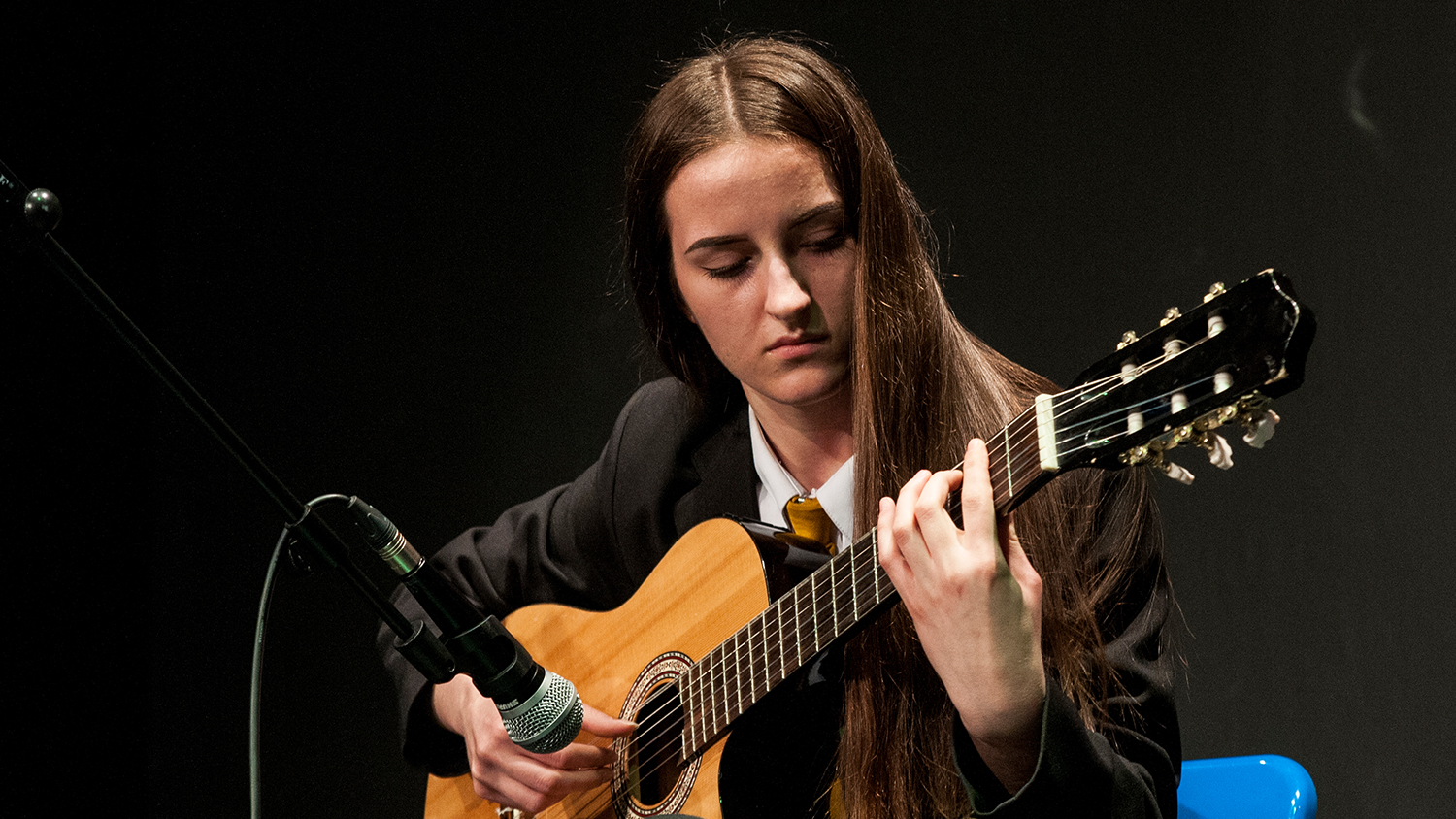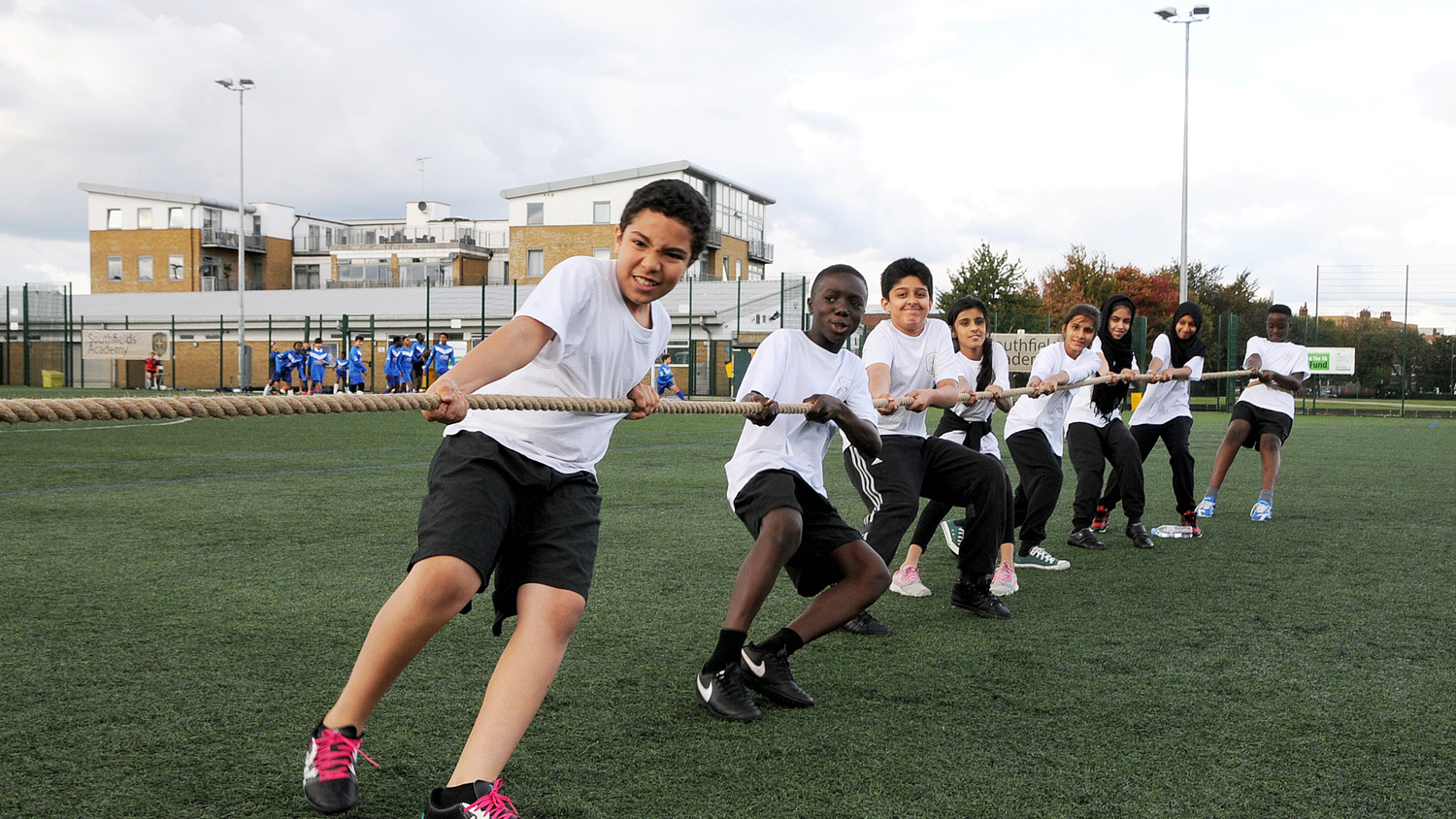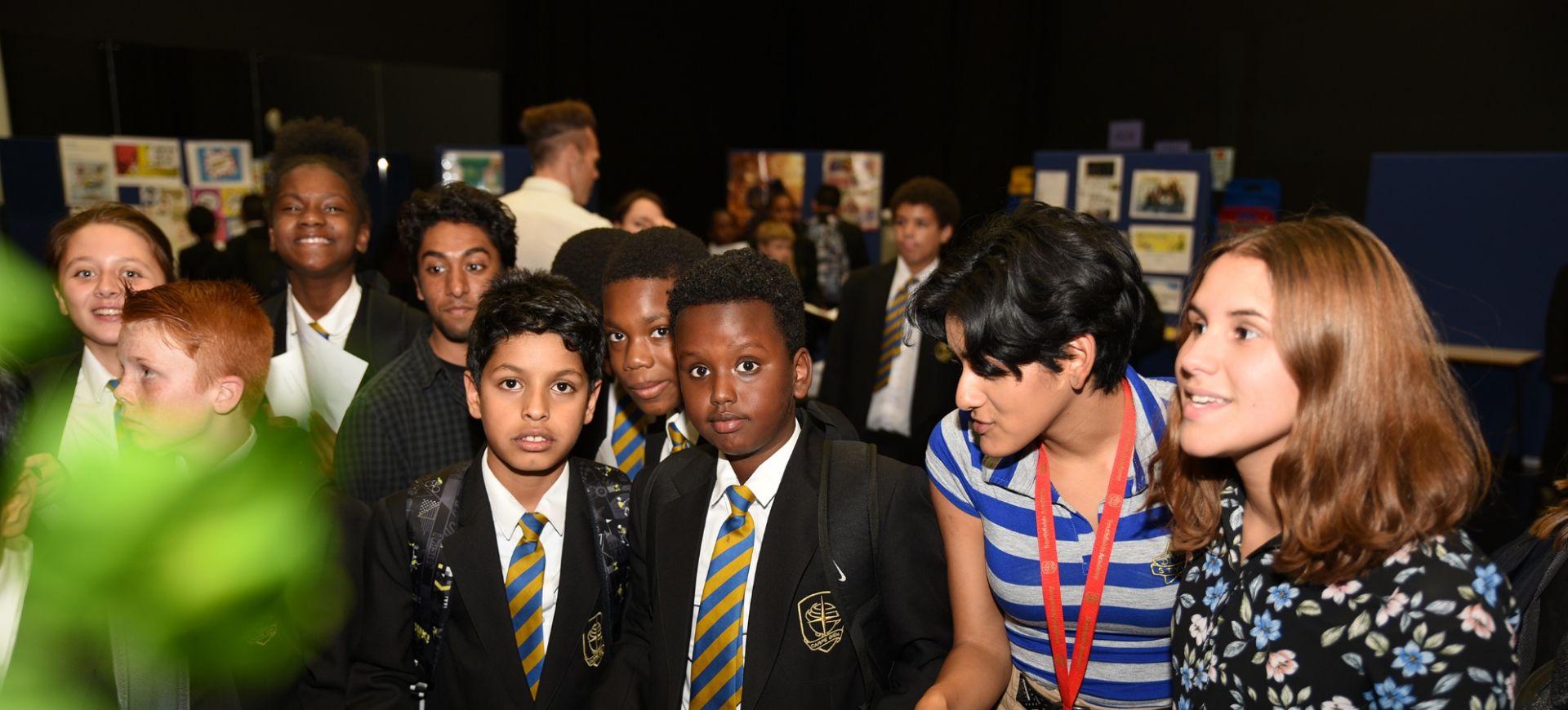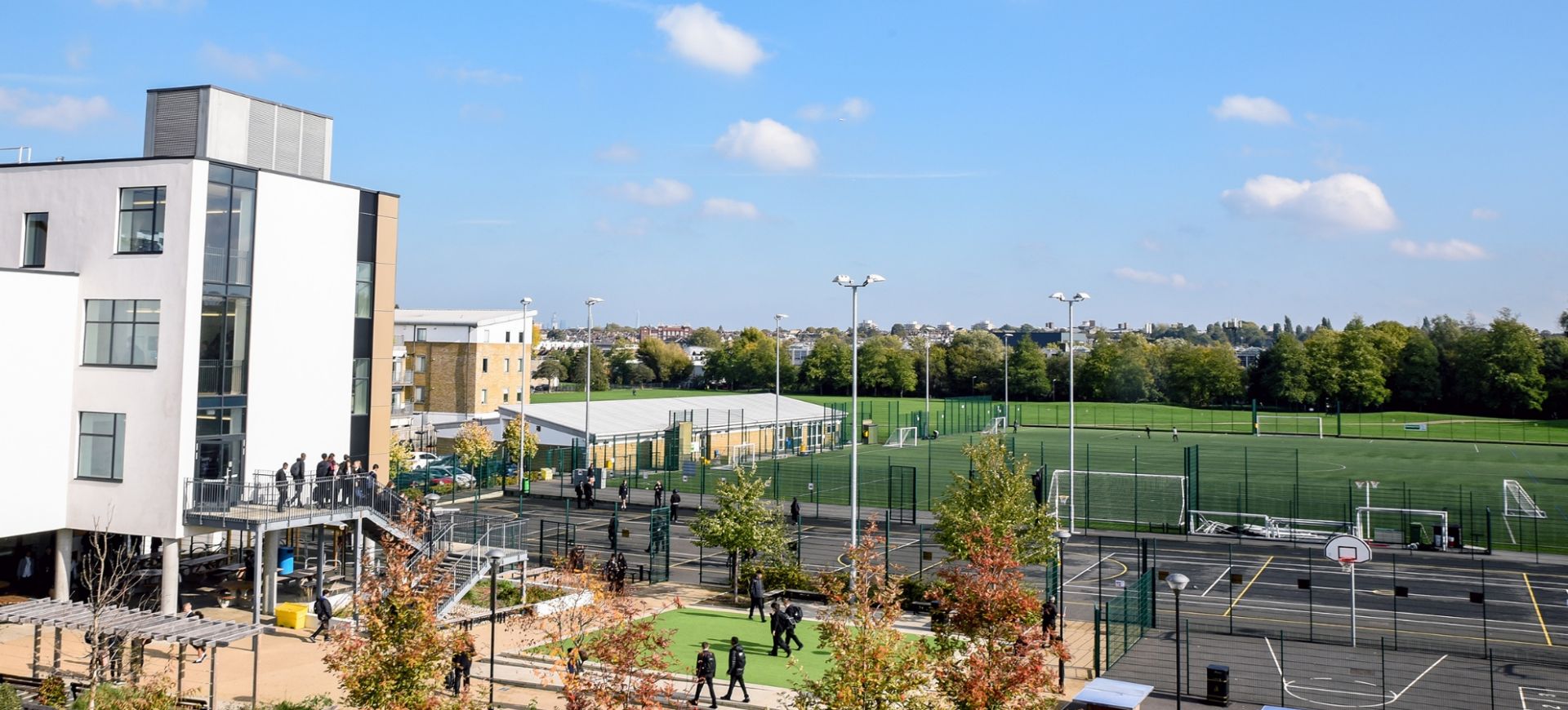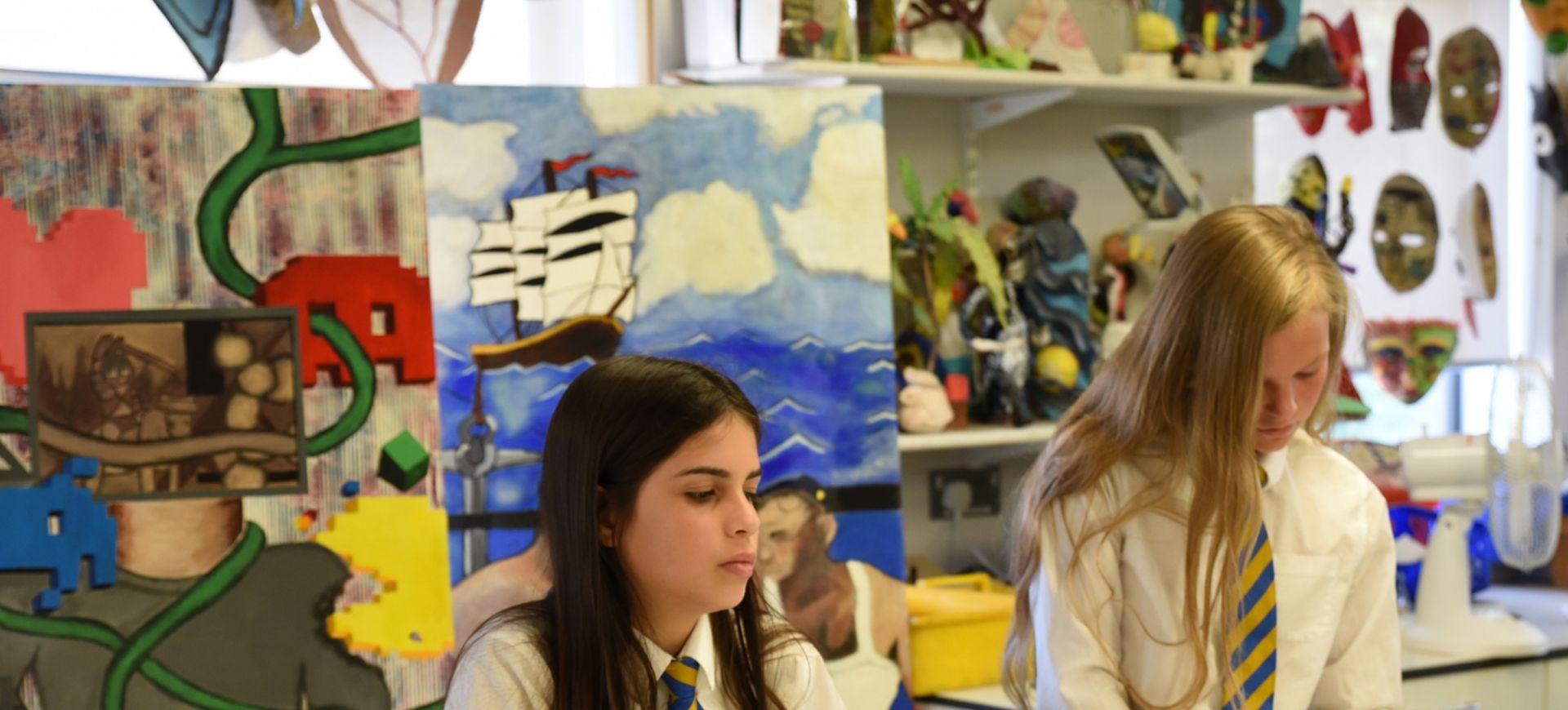Science
Teacher contact details
| Dr D Stackhouse - Head of Science | duncan.stackhouse@southfieldsacademy.com |
| Ms P Klopper - Senior Teacher | pam.klopper@southfieldsacademy.com |
| Ms C Croissant - Head of Physics | carrie-anne.croissant@southfieldsacademy.com |
| Mr H Norris - Head of Biology | joseph.norris@southfieldsacademy.com |
| Ms C Toffolo - Year 8 Science Coordinator | chiara.toffolo@southfieldsacademy.com |
| Ms D Bouzounieraki | despoina.bouzounieraki@southfieldsacademy.com |
| Mr J Clarke-Slimming - Year 7 Science Coordinator | jack.clarke-slimming@southfieldsacademy.com |
| Ms M Westwood - BTEC Coordinator | molly.westwood@southfieldsacademy.com |
| Ms M Naylor - Year 9 Science Coordinator | megan.naylor@southfieldsacademy.com |
| Ms O Fox | olivia.fox@southfieldsacademy.com |
| Mr M Abdirahman | mohamed.abdirahman@southfieldsacademy.com |
| Ms I Abdullahi | ilham.abdullahi@southfieldsacademy.com |
Welcome
Students who choose to study science at Southfields Academy will benefit from subject experts across all three key stages, ensuring a high-quality learning experience from the very start of their journey. The science department is made up of a dedicated team of highly experienced specialists, including three physicists, four chemists, and five biologists, all with many years of teaching expertise. Their deep subject knowledge and passion for science create a rich and engaging learning environment, helping students develop a strong understanding of scientific principles and their real-world applications.
Through this expert guidance, students gain insight into how scientific knowledge is rooted in evidence and learn to critically evaluate discoveries and their impact. They explore how advancements in science drive technological change, shaping industries, businesses, and medicine while improving quality of life. By tracing the global development of science, they come to appreciate its cultural significance and historical influence. Encouraged to think analytically, they learn to question, debate, and engage with scientific issues that affect their own lives, the direction of society, and the future of our world.
We look forward to welcoming your child to Science at Southfields
Dr Stackhouse – Head of Science
What knowledge and skills will students develop at Key Stage 3
- Scientific thinking - Learning the use of scientific ideas and models to explain phenomena and developing them creatively to generate and test theories.
- Applications and implications of science - Exploring the ethical and moral implications of using and applying science as well as understanding that new technological developments have consequences in the way people think and behave.
- Cultural understanding - Recognising that modern science has its roots in many different cultures and societies.
- Collaboration - Sharing developments and common understanding across the curriculum.
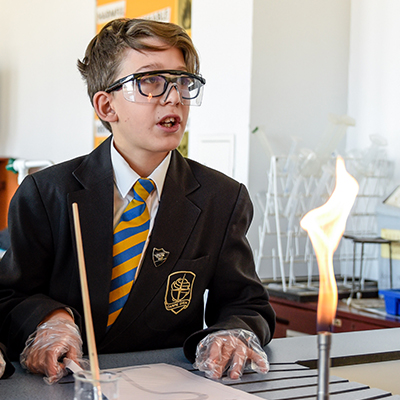 The study of science includes the following topics which are taught throughout Key Stage 3.
The study of science includes the following topics which are taught throughout Key Stage 3.
- Energy, electricity and forces.
- Chemical and material behaviour.
- Organisms, behaviours and health.
Over the three years students will be developing essential skills which will enable them to learn and make good progress, these are:
- Practical and enquiry skills
- Critical understanding of evidence
- Communication
In Years 7 and 8, assessment is based on assessing students' progress continually by completing assessed pieces of work for each topic. Understanding and knowledge is assessed by end of topic tests and end of year examinations.
Homework
Homework is set once a week on Educake.
How parents can help
Parents can help by ensuring homework is checked for completion and that your child revises science on a weekly basis using a revision guide which can be purchased from the school at a subsidised price.
What knowledge and skills will students develop at Key Stage 4
GCSE Sciences
Exam Board - AQA
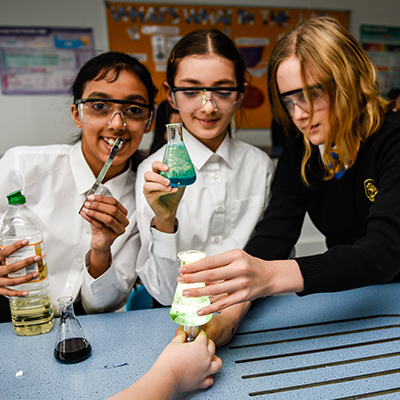 The Course
The Course
The Science department offers two options for studying science at GCSE. Students can either study a Combined Science GCSE course or study separate Science GCSE courses in Biology, Chemistry and Physics.
The Science curriculum aims to develop the scientific knowledge and skills required for students to understand science in the news and to make informed decisions about everyday issues they will encounter.
Assessment
Combined Science GCSE Course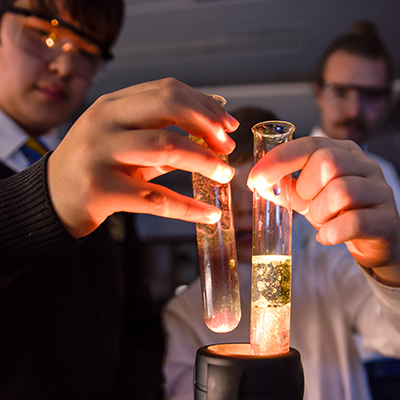
Students will be following the 9-1 AQA Trilogy specification at GCSE, gaining two GCSE qualifications. Students will take a total of six exam papers each worth 16.7% of the final grade. There will be two exam papers for Biology, Chemistry and Physics. All papers are 1 hour and 15 minutes long.
Students will be assessed at regular intervals through the year with multiple choice quizzes, mid-topic assessments and end of topic assessments in each topic.
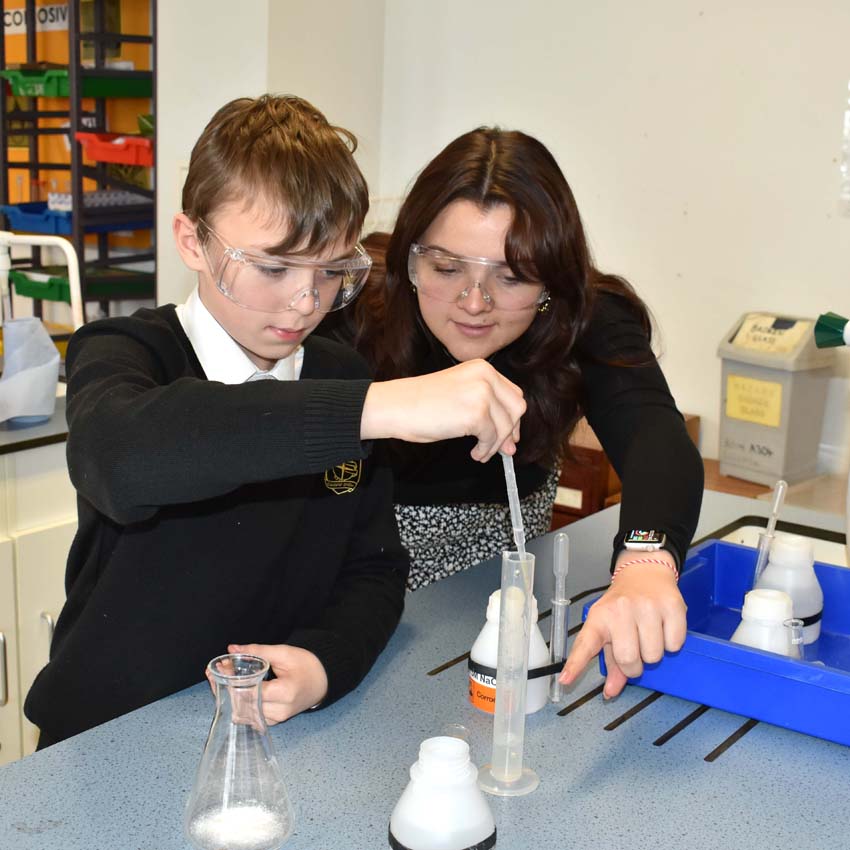
A link to the specification can be found below:
http://filestore.aqa.org.uk/resources/science/specifications/AQA-8464-SP-2016.PDF
Separate Science GCSEs in Biology, Chemistry and Physics
This course will involve studying three separate Science GCSEs in Biology, Chemistry and Physics. Students will be covering the same content as the combined science students, plus some additional topics.
This course will run over two years and students will have eight science lessons each week. Each of the three GCSEs is assessed by two public exams (50% of each GCSE and 1 hour 45 minutes long), two for biology, two for chemistry and two for physics.
Links to each specification can be found below:
http://www.aqa.org.uk/subjects/science/gcse/biology-8461 - Biology
http://www.aqa.org.uk/subjects/science/gcse/chemistry-8462- Chemistry
http://www.aqa.org.uk/subjects/science/gcse/physics-8463- Physics
Where it leads
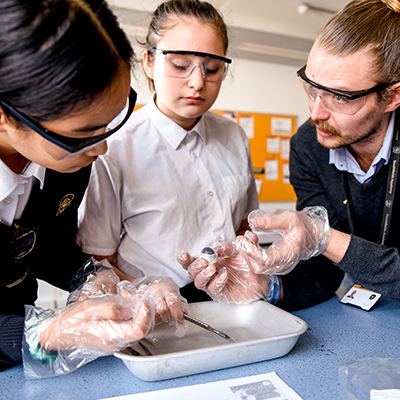 A science qualification can lead to employment at all levels in diverse careers as Medicine, Engineering, Pharmaceuticals and Agriculture.
A science qualification can lead to employment at all levels in diverse careers as Medicine, Engineering, Pharmaceuticals and Agriculture.
What knowledge and skills will student develop at Key Stage 5
Biology A Level
AQA 7401 / 7402
https://www.aqa.org.uk/subjects/science/as-and-a-level/biology-7401-7402/specification-at-a-glance
The course will encourage you to:
- Develop essential knowledge and understanding of different areas of the subject and how they relate to each other.
- Develop competence and confidence in a variety of practical, mathematical and problem solving skills.
- Understand how society makes decisions about scientific issues and how the sciences contribute to the success of the economy and society.
There are four units of study in year 1:
- Biological molecules
- Cells
- Exchange with the environment
- Genes/Variation
There are four units of study in year 2:
- Energy transfers in and between organisms
- Organisims respond to changes in their into/ext environments
- Genetics, populations, evolution and ecosystems
- The control of gene expression
Chemistry A Level
AQA 7404 /7405
https://www.aqa.org.uk/subjects/science/as-and-a-level/chemistry-7404-7405/specification-at-a-glance
Chemistry is concerned with the science of matter, particularly its structure, properties and reactions. Chemistry is of central importance to the sciences as a whole as the chemical reactions that it governs are fundamental to all of science. This course gives you the opportunity to explore the science further and see how important it is to everyday life.
Over the two years you will study a range of concepts across Physical, Inorganic and Organic Chemistry.
Physics A Level
AQA 7407 / 7408
https://www.aqa.org.uk/subjects/science/as-and-a-level/physics-7407-7408/specification-at-a-glance
The Physics A Level course takes students on an exciting journey through the fundamental principles of physics, from the mysteries of particle physics to the fascinating world of optics, electronics, and mechanics. In the second year, learning expands to include fields and radioactivity, along with a specialist unit in Astrophysics, allowing students to explore the physics of the universe in greater depth. Hands-on experience is a key part of the course, with 12 required practicals designed to build essential experimental skills.
Students will also benefit from the expertise of three specialist teachers, with a different area of expertise: Astrophysics (Dr Stackhouse), Particle Physics (Ms Bouzounieraki), and Meteorology (Ms Croissant) but each with a deep understanding of the world around us. Along the way, they will uncover with you how physics has evolved over time and reveal discoveries that have shaped our understanding of everything.
PEARSON LEVEL 3 ALTERNATIVE ACADEMIC QUALIFICATION - BTEC NATIONAL in APPLIED SCIENCE (EXTENDED CERTIFICATE)
Pearson Qualification number: 610/3965/2
For the first time the Science department will be running the AAQ in Applied Science at Southfields.
The Extended Certificate is a course that is designed for students who want to continue with science at Key Stage 5, or pursue science as a career option but do not wish to complete an A-level.
This course will also enable students to take up employment in the Applied Science sector once completed.
The course is the equivalent in size to an A Level but covers the content within a vocational context. The main purpose is to develop scientific knowledge, practical and communication skills.
Units:
1. Principles and Applications of
2. Principles and Applications of Chemistry
3. Principles and Applications of Physics
4. Practical Scientific Procedures and Techniques
There will also be one optional unit. For information see:
Enrichment and extra-curricular activities
Science Club - Break 2 on Monday
Various enrichment trips dependent on key stage.
What are the career opportunities for students that study this subject?
Biology-Related Careers
- Medicine & Healthcare – Doctor, Nurse, Pharmacist, Physiotherapist, Paramedic, Biomedical Scientist
- Environmental & Conservation Science – Ecologist, Conservation Biologist, Environmental Consultant, Marine Biologist
- Biotechnology & Research – Geneticist, Microbiologist, Bioinformatician, Neuroscientist
- Forensics & Crime Science – Forensic Scientist, Toxicologist, Crime Scene Investigator
- Agriculture & Food Science – Agricultural Scientist, Nutritionist, Food Technologist, Pest Control Specialist
Chemistry-Related Careers
- Pharmaceutical & Healthcare – Pharmacist, Medicinal Chemist, Toxicologist
- Materials & Chemical Engineering – Chemical Engineer, Polymer Scientist, Nanotechnologist
- Energy & Environment – Environmental Chemist, Renewable Energy Scientist, Waste Management Expert
- Forensics & Crime Science – Forensic Chemist, Explosives Analyst
- Cosmetics & Consumer Goods – Cosmetic Scientist, Food Chemist, Quality Control Analyst
Physics-Related Careers
- Engineering & Technology – Aerospace Engineer, Civil Engineer, Mechanical Engineer, Robotics Engineer
- Energy & Sustainability – Nuclear Physicist, Renewable Energy Specialist
- Space & Astronomy – Astrophysicist, Space Scientist, Satellite Engineer
- Medical Physics & Healthcare – Medical Physicist, Radiographer, Radiation Therapist
- Computing & Artificial Intelligence – Data Scientist, Quantum Computing Researcher
Applied Science Careers (Interdisciplinary Fields)
- Lab-Based Careers – Laboratory Technician, Research Assistant
- Healthcare & Biomedical Science – Medical Laboratory Scientist, Biotechnologist
- Environmental & Sustainability Science – Environmental Technician, Energy Consultant
- Engineering & Manufacturing – Process Technician, Quality Assurance Officer
- Forensic & Analytical Science – Crime Scene Analyst, Toxicology Lab Technician
There is also crossover between careers in the Sciences. You must also remember that a Science qualification opens doors to almost any field. The problem solving skills required readily transfer to other fields and industries.

